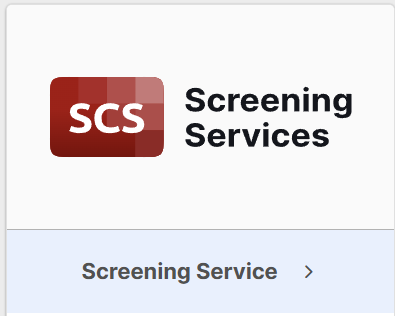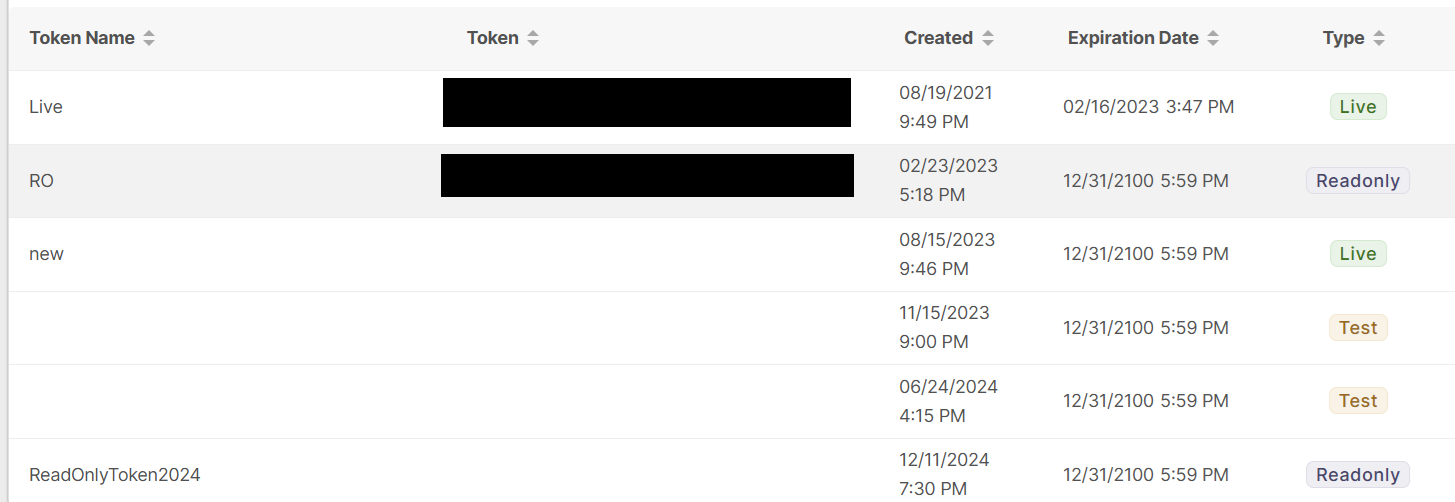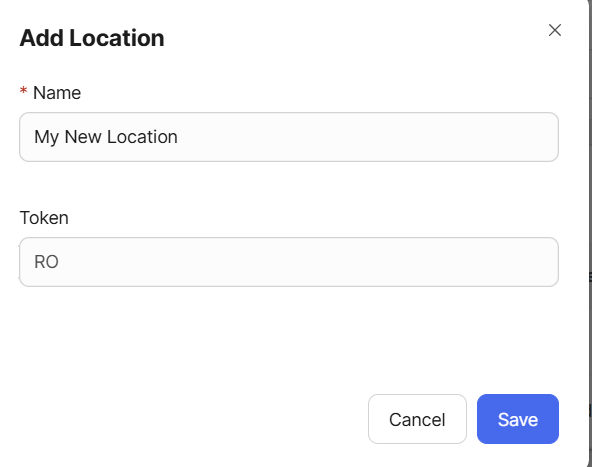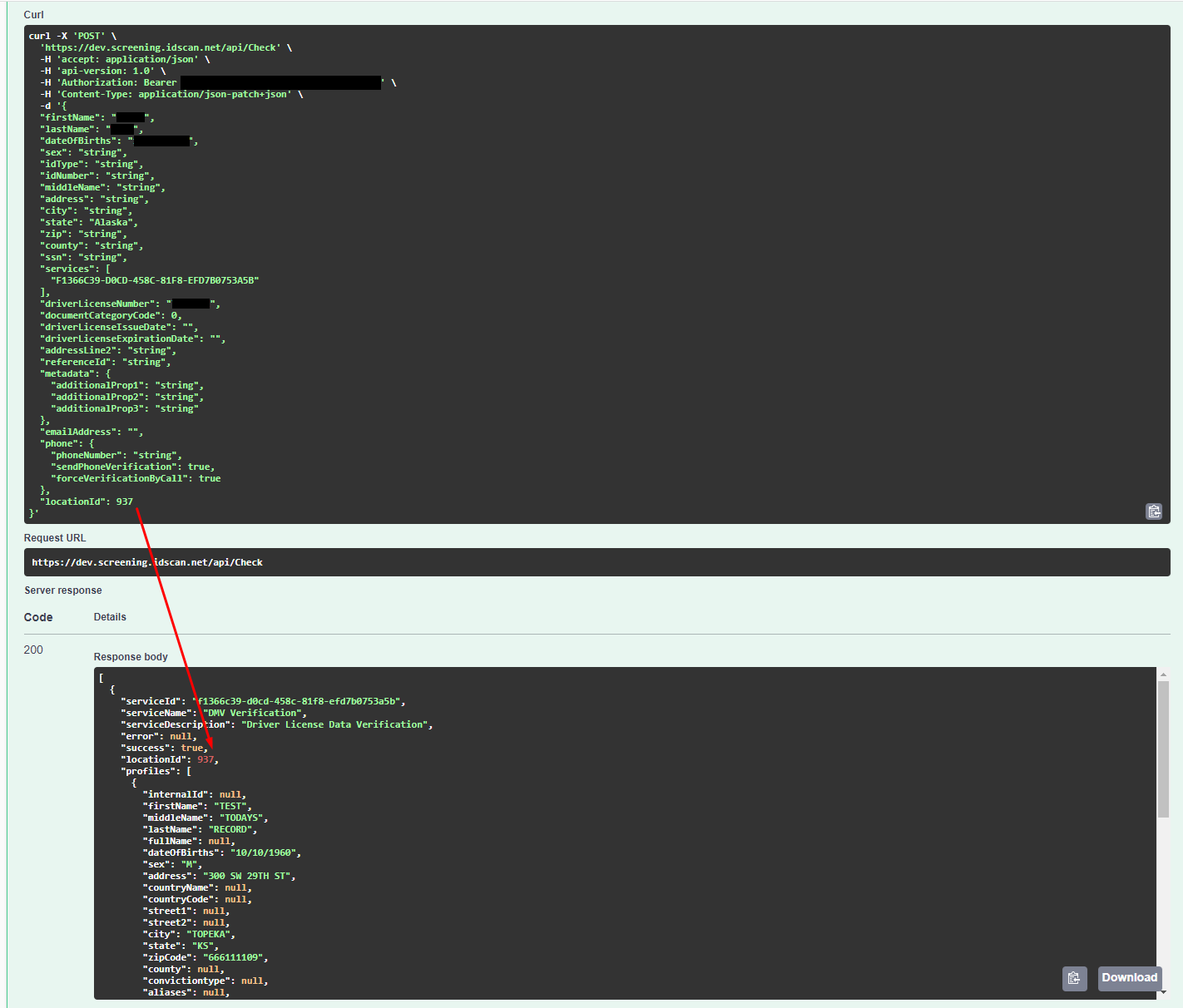Read Only API
The screening read-only API allows you to access the results of checks that have been previously run. This is useful for retrieving historical data without initiating new checks.
Workflow
1.) Log into the IDScan.net web portal and navigate to the "Screening Services" section.

2.) Navigate to the "Tokens" tab.
A list of screening service tokens will be displayed, including the read-only token (or tokens). See the column "Type" on the tokens list.

This token is used to authenticate requests to the read-only API and is used in conjuction with the "Locations" tab of the portal.
3.) Navigate to the "Location" tab.

4.) The user of the portal can now add or edit existing locations. Each location can have a read-only access token associated with it.
Note
A single token can have more than one location. Locations are not required to use the a read-only token.

5.) Once the location is created, it will appear in the "Locations" list. A unique ID will be generated for each location. This ID is used in standard API requests with standard API calls.
6.) The ingreator to the API can also pull down the ID by using the following endpoint with the read-only token:
Base URL:
https://screening.idscan.net/
GET /api/locations
Optional Parameters:
- locationName: The plain text name of the location to retrieve (created from the web portal). If this field is not provided, all locations will be returned.
- api-version: The version of the API to use. For this specific API endpoint, the version is
1.0.
API Response:
[
{
"id": int,
"locationName": "string"
},
{
"id": int,
"locationName": "string"
}
]
- id: The unique identifier for the location.
- locationName: The plain text name of the location to retrieve (created from the web portal). If this field is not provided, all locations will be returned.
7.) Once the user of the API has the location ID, they can use it in standard screening request calls by attaching the id the the 'locationId' field. The results of the standard API calls will now be attached to the location.

8.) The user can now retrieve the results of the screening checks by using the following endpoint with the live token:
Base URL:
https://screening.idscan.net/
GET /api/HistoryLog
Optional Parameters:
- From string($date-time) - Sets the starting date/time filter period for the scan history.
- Accepted in YYYY-MM-DD or YYYY-MM-DDTHH:mm:ss.SSSZ format
- To string($date-time) - Sets the ending date/time filter period for the scan history.
- Accepted in YYYY-MM-DD or YYYY-MM-DDTHH:mm:ss.SSSZ format
- LocationId (array int): The unique identifier for the location.
- TextFilter: A string to filter the results by. This can be used to search for specific entries in the history log.
- Page (int) - The page of the history to search and return. The developer integrating to the API can change this value to cycle through each page on the parameter filters.
- Minimum: 1
- PageSize (int) - Sets the amount of scan entries on each page. The developer integrating to the API can change this value to increase the number of entries on each page.
- Order (string) - The order in which the results are returned. This can be either "asc" for ascending or "desc" for descending order.
Response:
{
"page": 0,
"pageSize": 0,
"total": 0,
"totalPages": 0,
"items": [
{
"requestDate": "2025-08-18T19:08:24.375Z",
"requestData": "string",
"status": "string",
"errorMessage": "string",
"locationId": 0,
"locationName": "string",
"readOnlyAccessLocationIds": [
0
],
"serviceHistoryLogs": [
{
"serviceId": "3fa85f64-5717-4562-b3fc-2c963f66afa6",
"serviceName": "string",
"serviceErrorMessage": "string",
"serviceStatus": "string",
"serviceResponseData": "string"
}
]
}
]
}
- page: The current page number of the results.
- pageSize: The number of results per page.
- total: The total number of results available.
- totalPages: The total number of pages available based on the page size.
- items: An array of history log entries, each containing:
- requestDate: The date and time the request was made.
- requestData: The data sent in the request.
- status: The status of the request .
- errorMessage: Any error message returned by the API.
- locationId: The unique identifier for the location associated with the request.
- locationName: The name of the location associated with the request.
- readOnlyAccessLocationIds: An array of location IDs that have read-only access to this history log.
- serviceHistoryLogs: An array of service history logs, each containing:
- serviceId: The unique identifier for the service.
- serviceName: The name of the service.
- serviceErrorMessage: Any error message returned by the service.
- serviceStatus: The status of the service (e.g., "Success", "Error").
- serviceResponseData: The response data returned by the service.